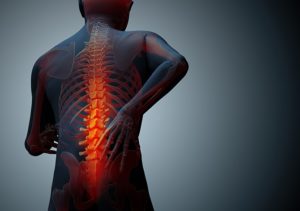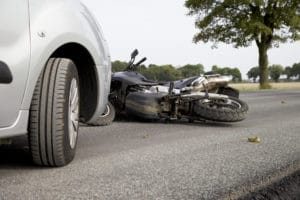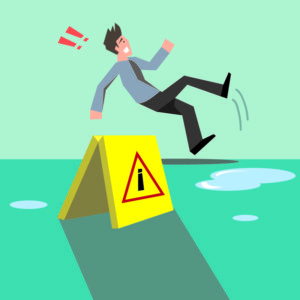If two cars are involved in an accident, determining liability will likely be between the two drivers and their insurance companies. However, if you are involved in a truck accident (not a pick-up truck, but a “big rig” or 18-wheeler type vehicle), determining who is liable for damages can be complicated. A skilled Las Vegas truck accident lawyer would do the required research to determine which parties are liable, and to what degree.
The truck driver could be at fault, and the “type” of driver he/she adds additional complexity to the equation:
- Independent owner-operators: These drivers own and operate their own truck(s), hauling their own goods or contents.
- Owner-operators: These drivers own and operate their own truck(s) and may have a contract with a specific company to haul its goods. Alternatively, they can be independent contractors, carrying goods for more than one company.
- Company drivers: This driver is an employee of a company, driving that company’s trucks.
This is typically the starting point in an investigation toward determining liability, but it continues beyond that. Here are some other factors that will come into play when determining who may be liable:
The Vehicle that Caused the Accident
All companies and drivers have a general responsibility to drive carefully, pay attention to the road and other drivers, and to maintain their vehicles to be safe when operating on the public roadways. This includes performing routine maintenance and inspections to identify any potential trouble areas and rectify them. Even if all of these efforts are done, a vehicle can have an unexpected failure, such as an electronic or mechanical problem that contributed to or caused the accident. Examples include engine or brake system failure, or a tire blowout causing the driver to lose control.
Let’s take a further look at the example of brake failure. The brakes could have failed because the driver drove over a sharp loose object on the road, causing a cut in the brake line. The brakes could have failed due to a manufacturing defect in one or more of the brake system’s parts – potentially a manufacturer’s liability.
The Driver’s Employment
For a particular accident in question, was the driver hired by a company or self-employed at the time? The driver could have been acting 100% as an employee driving his/her employer’s truck, or could have been an independent contractor who was hired by a trucking company, or could have been operating as an employee of a company that “leases” drivers to one or more trucking companies. Depending on the scenario, one or more parties could be liable.
The Driver’s Actions
Whether there were or were not one or more vehicle system failures involved in the accident, a thorough accident lawyer will take a comprehensive look at the driver himself/herself. Driver error often contributes to an accident, and may include the following:
- Intoxication or driving under the influence of drugs (including legal or prescribed drugs).
- Lack of attention, distracted driving, speeding, or other unsafe driving factors.
- Not following state and federal rules and regulations regarding maximum drivetime, required breaks/sleep, etc.
If these are identified as contributing factors to an accident, the liability may be on the driver and/or extend to the hiring company or employer.
Intentional Acts
Unfortunately, sometimes a driver intentionally causes an accident. For example, he willfully smashes into a vehicle owned by his ex-wife’s new husband. Acts such as these would largely exclude an employer from liability, since the act wasn’t related to performing actions for the employer.
Summary
Truck accidents are different from other accidents on a number of fronts. Because of the size and weight of the truck, damages to a passenger vehicle and its passengers tend to be much more severe. Truck accidents are typically much more complex in determining which party or parties will ultimately be liable. Oftentimes, it is a combination of liable parties – the driver was partially to blame, the employer was partially responsible, and/or a manufacturer may be partially at fault for one reason or another.
Performing a thorough investigation after a truck accident is the only way to capture the needed information and evidence needed to pull together a solid case. This involves looking at all vehicles and the parties involved, and ruling in or out numerous factors that contributed to the accident and its aftermath.
If you are involved in a truck accident, it is wise to speak with a highly qualified accident lawyer with deep experience in truck accidents, in particular. There’s a lot at stake in resolving a serious truck accident, and making sure your case has the best possible outcome starts with a lawyer who can navigate the process for and with you.


























